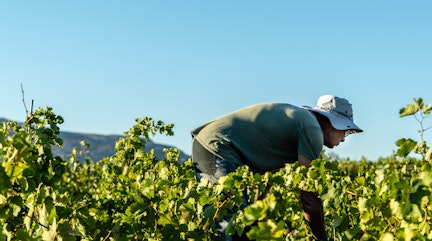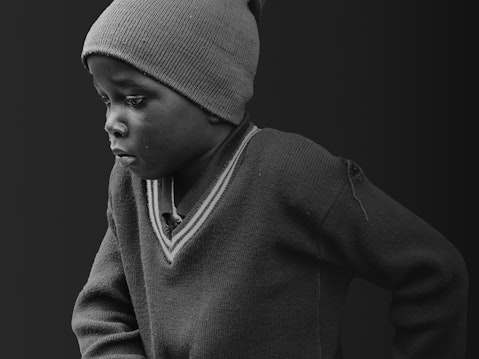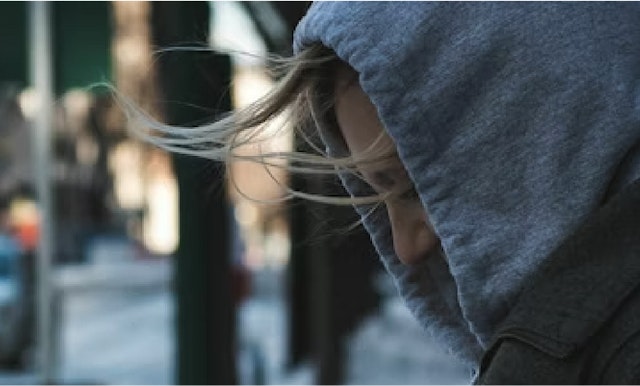There are currently more than 122,000 men, women & children trapped in modern slavery in the UK.

Source NRM end of year summary 2024
Source NRM end of year summary 2024
In 2024, the NRM received 19,125 referrals of potential victims of modern slavery, which represents 13% increase in referrals compared to the preceding year.
The most commonly referred exploitation types were labour (32%) and county lines (10%).
Source NRM end of year summary 2024
In 2024, 1,845 county lines referrals were flagged, accounting for 10% of all referrals received. The majority (76%) of these referrals were for male children.
Only 30% of people know the signs of modern slavery.

Understanding modern slavery
What makes people vulnerable to exploitation? How do they become trapped? Who is exploiting them?

Types of modern slavery
Most of us have modern slavery in our communities in the supply of cheap goods and services or forced labour, sexual exploitation, county lines and forced begging.
How you can prevent modern slavery.

Report a concern
If you spot the signs or are worried about something you've seen, it is important that you report any suspicions of modern slavery to the police, the Modern Slavery Helpline or Crimestoppers.



